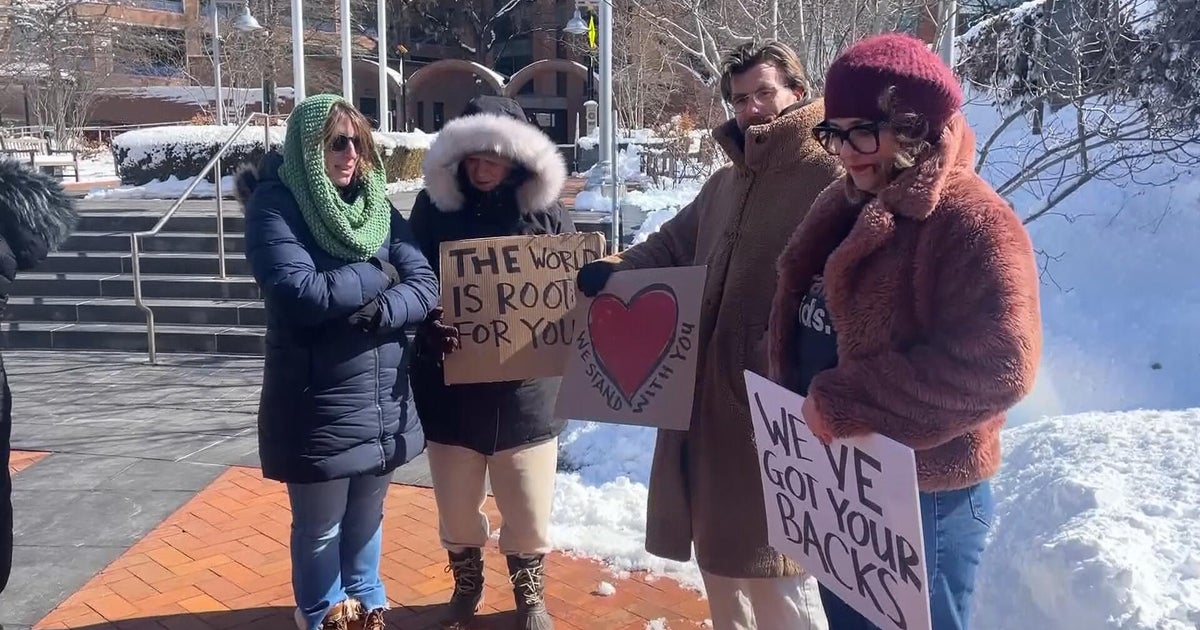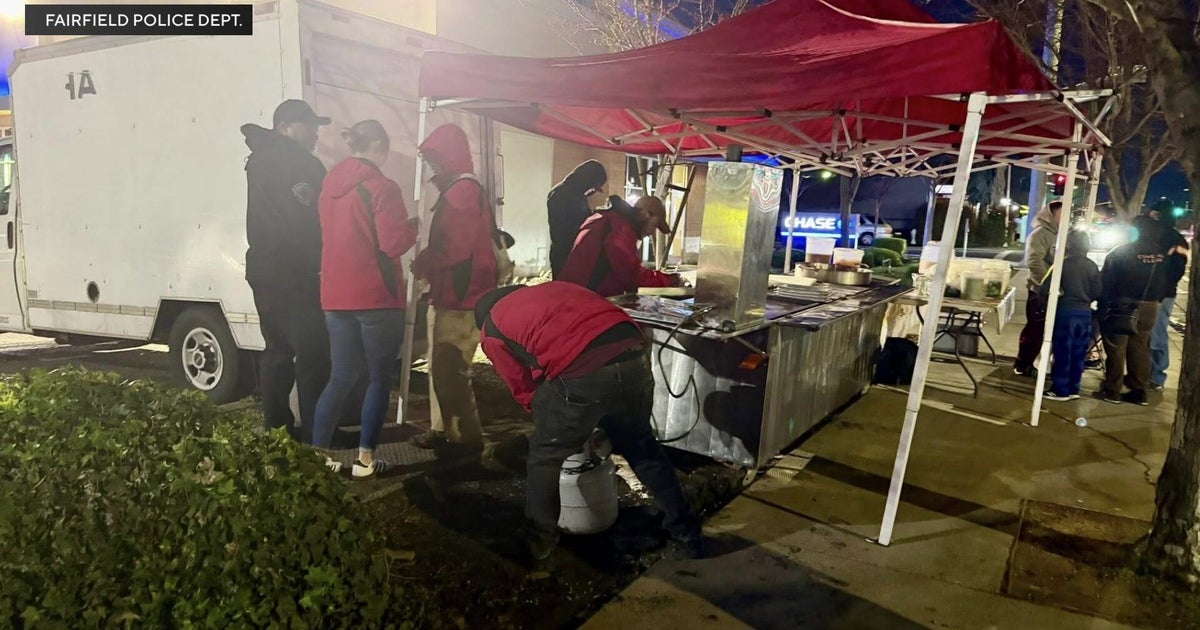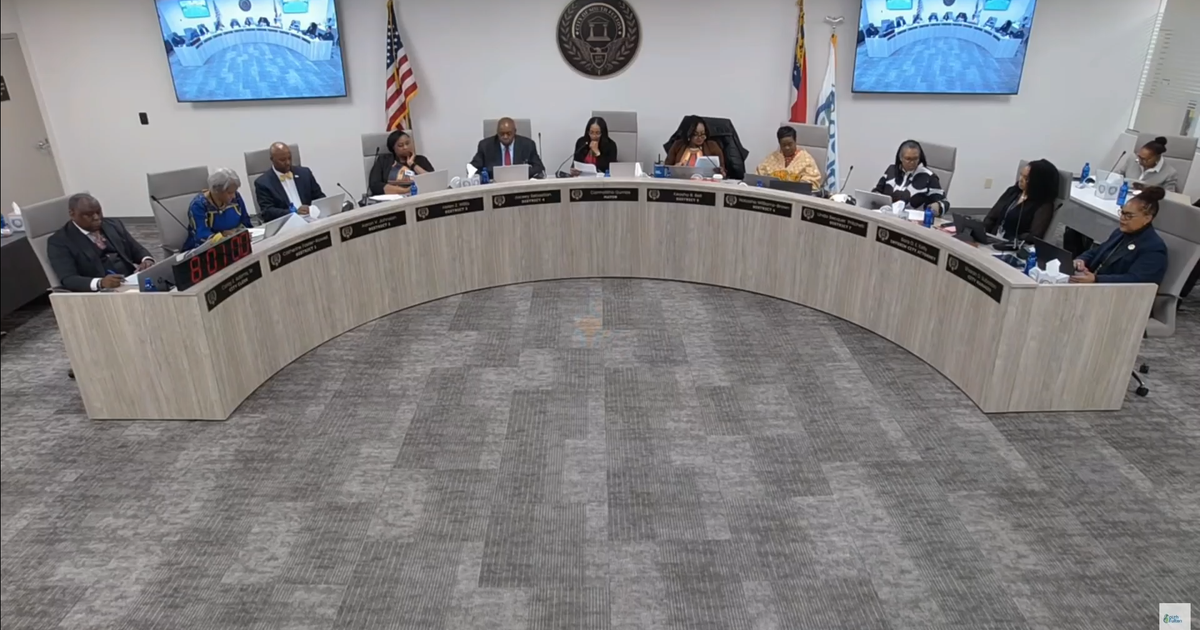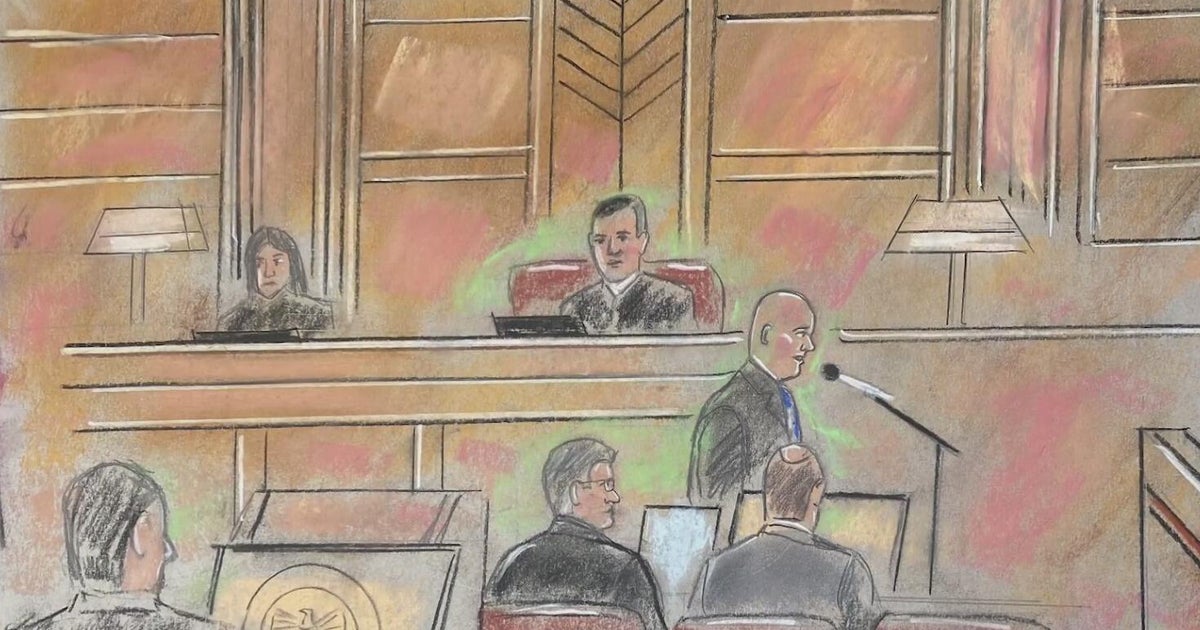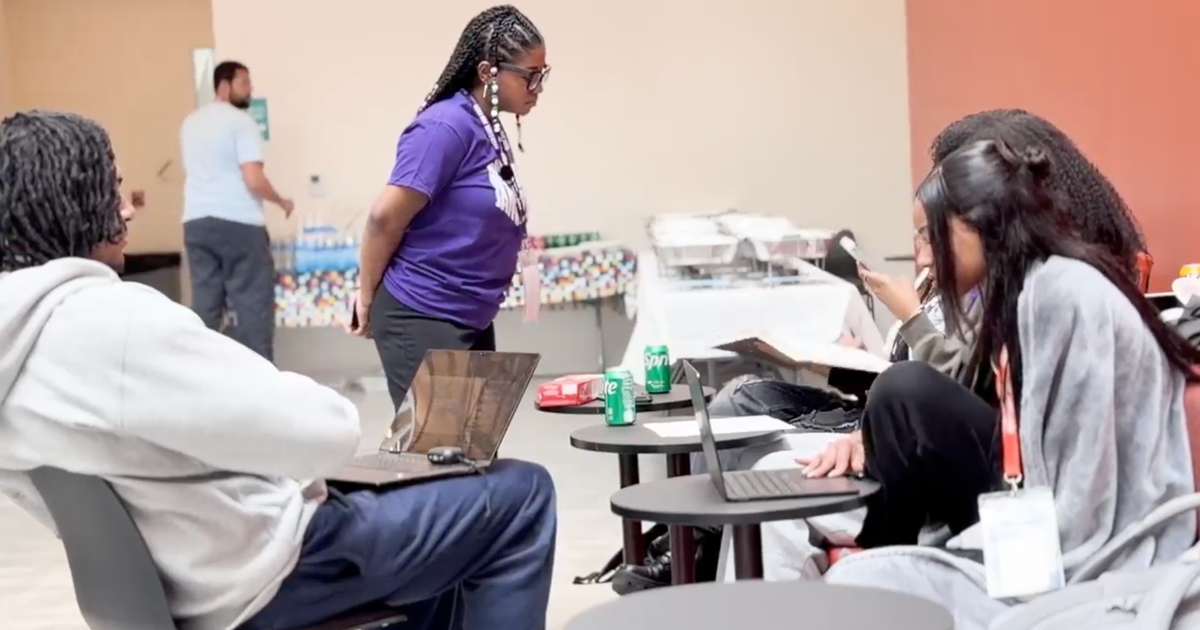Black Law Enforcement Leaders Discuss Minnesota Policing
"One of the reasons I went into law enforcement was to be a part of the change," said Metro Transit Police Chief Ed Frizell.
Many of the panelists involved in Friday's discussion are currently or have previously been first-time Black police chiefs in various cities.
"We are needed. We are going to continue to be needed as those trusted and legitimate guardians in our communities. But those communities are crying out. They really want to make sure we have their best interests at heart," said Minneapolis Police Chief Medaria Arradondo.
Policing changes that occurred after the death of George Floyd have become a major topic. While some of the changes were expected and welcomed, panelists believe lawmakers often moved forward without consulting them.
"Our elected officials haphazardly passing and proposing legislation that I don't believe is substantive or sustainable," said Chief Blair Anderson of St. Cloud.
There appeared to an overwhelming agreement that law enforcement needs to assess how they brand themselves, to who they hire, and how to strengthen their relationships with the communities they serve.
"I tell every officer and every cadet that comes through my department, the one thing we do not do is strip human beings of their dignity," said Chief Anderson.
"We can hire all the cops we want. We can throw all the money at these problems but if we don't do this in a joint matter to come together with our communities to decide what we want in terms of our police department, we are going to continue to have these problems," said Booker Hodges of the Minnesota Department of Public Safety.
The panel also discussed their relationships with Black Lives Matter.
Eagan Police Chief, Roger New, said he has come to a respectful understanding with a specific BLM supporter in his community.
"There has been a lot of us listening to him and him listening to us. I think if you asked him the question today he would say, I'm a Black Lives Matter supporter and I'm an Eagan Police Department supporter," said New.
"All of us know that 99% of the men and women who go out and do this job, do it the right way and for the right reasons. Sadly enough, we all get judged by the transgressions of a few," said Chief Anderson.
Other topics discussed included officers' response to mental health calls and the idea of providing police officers with sabbaticals to work for non-profits.

